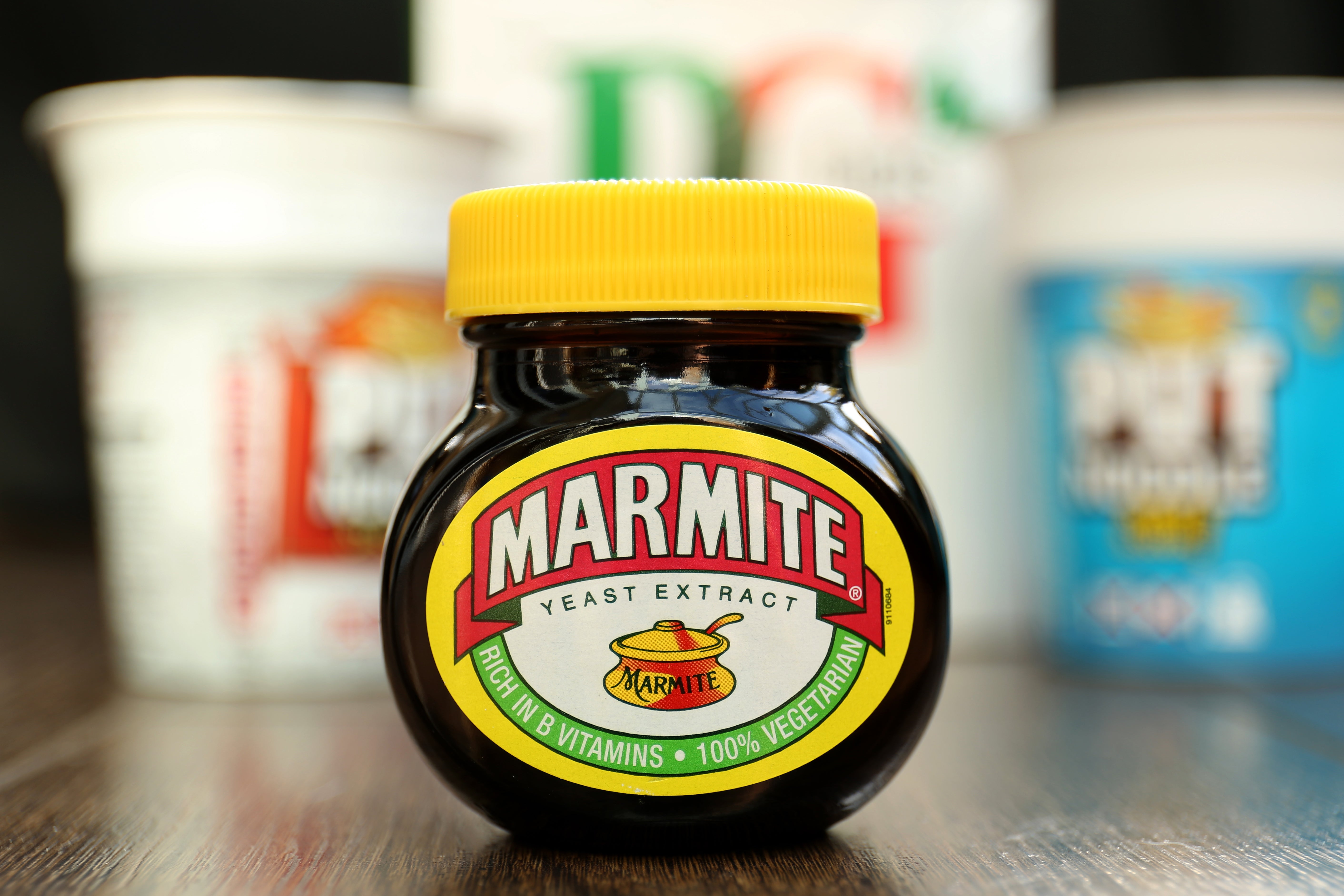Unilever rules out big acquisitions after failed £50bn GSK consumer bid
The consumer giant also signalled that customers will continue to face higher prices amid efforts to control spiralling costs.

Your support helps us to tell the story
From reproductive rights to climate change to Big Tech, The Independent is on the ground when the story is developing. Whether it's investigating the financials of Elon Musk's pro-Trump PAC or producing our latest documentary, 'The A Word', which shines a light on the American women fighting for reproductive rights, we know how important it is to parse out the facts from the messaging.
At such a critical moment in US history, we need reporters on the ground. Your donation allows us to keep sending journalists to speak to both sides of the story.
The Independent is trusted by Americans across the entire political spectrum. And unlike many other quality news outlets, we choose not to lock Americans out of our reporting and analysis with paywalls. We believe quality journalism should be available to everyone, paid for by those who can afford it.
Your support makes all the difference.Unilever has ruled out any big acquisitions in the near future following its failed £50 billion takeover of GlaxoSmithKline’s consumer arm as the Dove soap-maker warned it will be dented by soaring inflation.
The consumer giant, which makes products ranging from Marmite to Ben & Jerry’s ice cream, signalled that customers will continue to face higher prices as it seeks to keep a lid on rocketing costs.
It came during Unilever’s first update to the market after its tilt to snap up GSK’s consumer business – which includes brands such as Sensodyne and Panadol – was rejected by the pharmaceutical giant and heavily criticised by investors.
The FTSE 100 company had already been under fierce criticism days before the failed takeover move was announced, after Fundsmith founder and major investor Terry Smith accused the business of prioritising sustainability over financial performance.
On Thursday, Unilever said it has spoken in depth with its shareholders about the move and “now recognises there is not appetite for the deal or anything similar”.
It confirmed that it will focus on its portfolio of current products, growing the business organically and with smaller “bolt-on” acquisitions.
We have engaged extensively with our shareholders in recent weeks and received a strong message that the evolution of our portfolio needs to be measured. We therefore do not intend to pursue major acquisitions in the foreseeable future
Group chief executive Alan Jope said: “We have engaged extensively with our shareholders in recent weeks and received a strong message that the evolution of our portfolio needs to be measured.
“We therefore do not intend to pursue major acquisitions in the foreseeable future and will conduct a share buyback programme of up to 3 billion euros (£2.53 billion) over the next two years.”
Unilever also told shareholders it expects to be hit by 2 billion euros (£1.7 billion) of cost inflation over the first half of 2022.
Chief financial officer Graeme Pitkethly said the business has been heavily affected by increases in freight costs, as well as surges in the cost of oils used in its products, such as a 130% rise in the price of palm oil.
The group reported a 4.5% jump in sales for 2021 as it was boosted by higher prices.
Unilever said this was driven by a 2.9% increase in prices, with the remaining 1.6% resulting from higher volumes as the group witnessed strong sales across its food business, with brands like Magnum and Ben & Jerry’s performing particularly strongly.
The company said it predicts an increase in sales to between 4.5% and 6.5% in 2022 as it seeks to push through further price rises in an effort to offset cost inflation.
Nevertheless, Unilever also reduced its profit margin guidance for the year, causing shares to drop as the markets opened on Thursday.